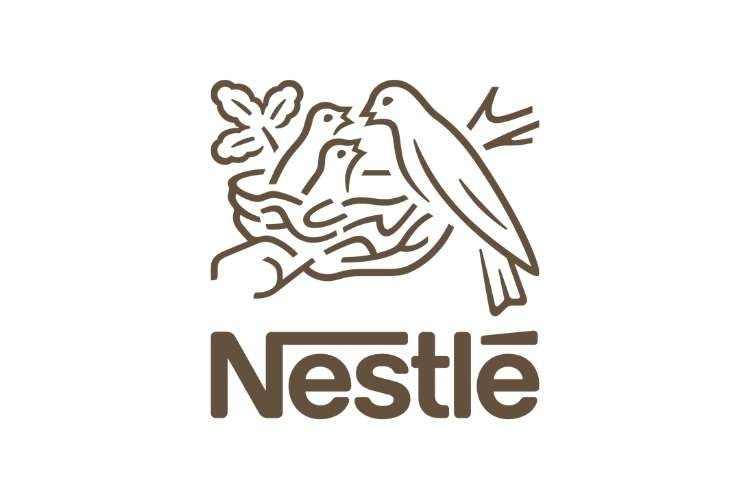Nestlé has completed the sale of its peanut allergy drug, Palforzia, to the U.S.-based allergy specialist Stallergenes Greer for an undisclosed sum. This divestment comes after Nestlé’s initial enthusiasm for Palforzia waned due to lackluster sales following its $2.1 billion acquisition of Aimmune Therapeutics, the drug’s developer, in 2020.
Palforzia received FDA approval as the first drug for peanut allergy in children in January 2020. At the time, it was projected to achieve sales of $1.28 billion by 2024. However, the drug’s performance fell short of expectations, partly due to the challenges posed by the COVID-19 pandemic and its cumbersome administration requirements, which involved frequent doctor visits.
Palforzia essentially consists of peanut protein administered in gradually increasing doses over about six months at a doctor’s office, followed by a maintenance regimen at home. This allergen immunotherapy approach aligns with Stallergenes Greer’s business, which includes products like Staloral for allergic rhinitis or asthma, the dust mite allergen extract Actair, and the grass pollen mixture Oralair. With this acquisition, Stallergenes Greer becomes the first company to offer both respiratory and food allergy treatments in the allergen immunotherapy sector.
For Nestlé, the sale of Palforzia enables its health science unit to refocus on its core strengths and key growth drivers. The company’s pharma division, which includes its global pharma unit, primarily concentrates on the gastrointestinal therapeutic area. One of the division’s focal points is Vowst, a live microbiome therapy that recently gained FDA approval for preventing the recurrence of Clostridioides difficile infection. Nestlé co-commercializes Vowst with Seres Therapeutics, which developed the drug to utilize a “good” microbiome to outcompete C. difficile.
Vowst became available in the U.S. in early June and generated $1.6 million in sales during its first partial month. As of July 27, approximately 480 doctors have prescribed the drug. The collaboration between Seres and Nestlé includes Nestlé’s contribution of a gastrointestinal marketing team of 150 members, a payer access team, and a hospital sales force. This partnership reflects Nestlé’s commitment to advancing innovative therapeutic solutions in the healthcare sector.





























